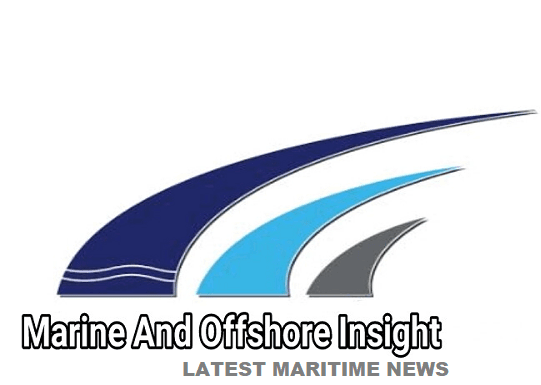

Here are 25 Navigational exam question and answers you may like to know.
For cadets and young professionals, below are list of passed Navigation exam question and answers you will like to know. This can help your career exams, mainly for the deck officers. since no knowledge is for granted, i recommend engine officers to take time to study these questions, as you may come across them some day.
Q1 ) Rigging of the pilot ladder & embarkation/disembarkation of a pilot should be supervise by who?
A1) A responsible officer
Five Important ways to maintain pilot ladder to avoid accidents or loss of life at sea
Q2) How often should operational checks on navigation equipment be done?
A2) Regularly, when preparing for sea & entering port.
Q3) If possible a vessel’s position should be plotted by bearings of :
A3) Fixed known objects on the shore
Q4) Can RNC charts be used for voyage planning?
A4) Only in conjunction with paper charts
Q5) Can voyage planning be executed on ECDIS ?
A5) Only if approved by the flag state
Q6) What is important to check when transferring a position from GPS to a chart?
A6) Ensure that the chart and the GPS use same datum
Q7) When steering by autopilot, how often should manual steering be checked?
A7) At least once a watch
6 Things To Do During Preparation For Sea Voyage
Q8) Should recommended route information be used in conjunction with weather routing?
A8) The answer is YES
Q9) When using a buoy as an aid to navigation, what do we always need to considered?
A9) The buoy may not be in its charted position
Q10) When taking a compass error by amplitude in the higher latitudes when is the best time to take the bearing?
A10) The best time is to calculate the time of the sunset and then take the bearing
20 Deck Marine COC And Interview Questions + Answers You May Know.
Q11) In celestial navigation the angle measured westward from the first point of aries to the hour circle of the body along the celestial equator is known as what ?
A11) Sidereal hour angle
Q12) What kind of information can be achieved from a NAVTEX?
A12) Navigational warning
Q13) What is a RSC ( rescue sub-centre)?
A13) A unit subordinate to a rescue co-ordinating centre.
Q14) When will we notice the effect of shallow water?
A14) When under keel clearance is 50% or less
Q15) You are to turn your vessel in a narrow canal by use of two tugs with the same power. The wind varies in the range moderate/strong. Where/how would you use the tugs?
A15) Pushing, made fast in the vessel
Q16) A ship is not turning around the center of gravity, but another point. What is the point called?
A16) Pivot point
Q17) You are about to pass another ship in a close situation. What can happen in this situation?
A17) Due to suction, the two ships will be sucked together
Q18) Overshoot is an expression we use when talking about a ship’s steering ability. What is the best way to determine how the overshoot is on your ship?
A18) Do a 20/20 degrees zig-zag manoeuvre
Q19) What is the correct definition of a bollard ?
A19) A remedy which the mooring lines are made fast
Q20) what is the correct definition of boat deck?
A20) The deck for the lifeboats.
Q21) You are approaching a port when you see three flashing red lights in a vertical line at the entrance. What does this indicate?
A21) Serious emergency – all vessels to stop or divert according to instructions
Q22) What is the fog signal for a vessel which is engaged in towing?
A22) One long blast followed by two short blasts at intervals of not more than two minutes.
Q23) What is the fog signal for vessel of more than 100 meters in length when at anchor?
A23) A rapid ringing of the bell forward followed by the gong aft for about 5 seconds at intervals of not more than 1 minute.
Q24) what is the fog signal for a vessel which is not under command ?
A24) One prolonged blast followed by two short blasts at intervals of not more than two minutes.
Please you can subscribe with our blog for more list… up next will be more questions from the engine room side.
We also urge our readers to kindly leave comments or contribution to enlighten knowledge to others. Thanks for your supports.

